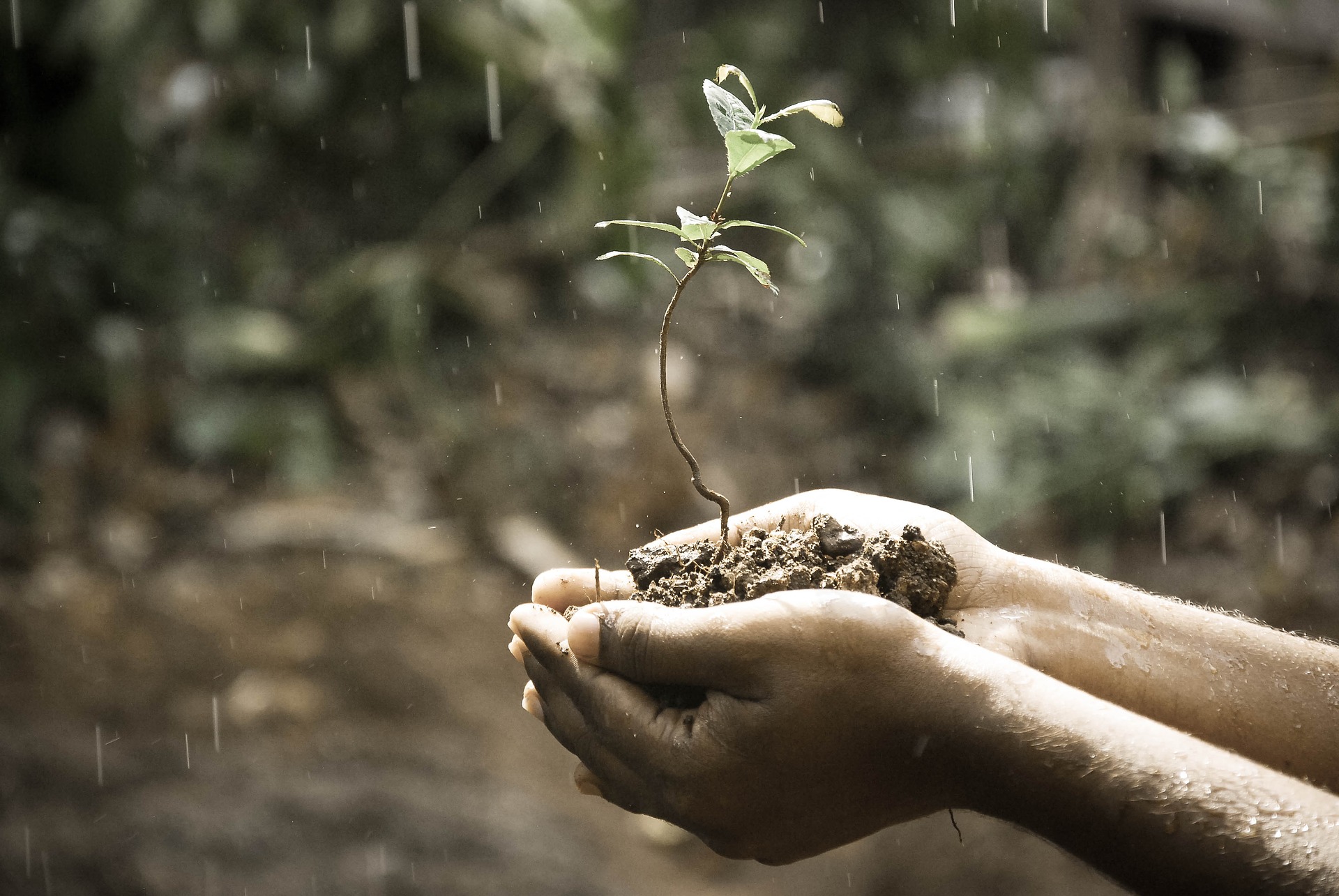
RAIN: coming to your emotional rescue
“there’s no weather channel for our emotions. We don’t know whether to expect sunshine or clouds each day. Why can’t we just be happy?”[1]
There’s an old pre-Buddha story from India. A man is sitting by the side of the road and hears the sound of thunder a mile away. He looks down the road and sees a cloud of dust. As it gets closer, the cloud of dust is revealed as a wild forest elephant bellowing towards him. As the elephant gets closer the man realises that clinging to the beast is a small man, held on by a rope. The road vibrates, the elephant gets closer, and as it passes the man asks “where are you going?” the rider on the elephant looks down and says “ask the elephant!”
When the Buddha heard this story, he added a little to it. He suggested that the elephant, since it has been around for a lot longer that the rider, has learnt a thing or two. He proposed that the elephant had learnt to hire the services of a lawyer, principally to defend but also to justify the elephant’s actions.
This is pretty much our predicament as human beings; the rider is our reasoning side, but the emotional side of us is older, stronger and often more powerful. Yet when we become emotional, we often seek to defend our emotional side and justify our actions-no matter how out of kilter they might be. Here is where we can be our own worst enemy, getting caught up and engulfed in “wild forest” emotions such as anger, hate, jealousy, pride, doubt and fear; these emotions end up ruling us, the tail wagging the dog.
Our emotions are also the way we often find meaning in our lives:[2] I feel this, so it means….being key. We end up fusing to this meaning, essentially identifying these wild forest emotions as us; this meaning is me, my identity.
Then we believe we do not have a choice about this: I feel it therefore is must be so. We are emotionally fused to not just a belief but a set of often wayward beliefs that run our lives.
The American writer Byron Katie[3] has developed four questions that can help liberate us from this fusion. She invites us to ask about any thought, emotion, statement or set of beliefs we have:
- Is it true?
- Can you absolutely know that it’s true?
- How do you react when you believe that thought?
- Who would you be without the thought?
When we ask the first question the immediate reply is often: yeah, its true. But the second question takes us further, because we usually find it almost impossible to “absolutely” know that anything is true. It shines a little daylight into things, and it’s a really powerful intervention into difficult thoughts and emotions (emotions are often defined as agitated mental states, which include thoughts).
However, if we really want to work on our emotions such as anger, fear or jealousy we might need to dig a little deeper to help defuse the habit we have of recycling old emotional states that justify what are often out of date, disabling beliefs.
One such method is RAIN, the mindfulness practice popularised by Tara Brach[4]. RAIN stands for recognise, allow, investigate and nonidentification. When we have strong emotions and we are invited to explore them we tend to either block the emotions, drown in the emotions (justifying them) or distract ourselves. However, we can approach these emotional states, and essentially RAIN practice works to do just this.
Let’s explore this:
- Recognise: we can consider this as “re-cognise” or thinking about our thinking. This is often talked about as taking a meta approach, but here it is looking at the emotional state without blocking, drowning or distracting ourselves from it.
- Allow: we can allow ourselves to feel the emotion as it is, accept it for what its is, warts and all, no matter how unpleasant it is. Standing firm in the midst of difficult emotions, unyielding yet compassionate towards them is essential here.
- Investigate: we then approach the emotion itself with a kindly curiosity, as if we are befriending the emotional state. There are 4 components to this stage:
- Mindfulness of thoughts: thoughts are often the kerosene on the fire of difficult emotions, and if we can approach these thoughts with intimate attention, they will have a tendency to defuse.
- Mindfulness of emotions: we might label the emotion, and pause in its presence, allowing it to simply be. We might notice that there are layers here, for example underneath anger sadness might appear. Notice what happens when we bring acceptance to this, how this changes the emotional state.
- Mindfulness of bodily sensations: we feel into the emotional state, allowing it to work its way through our bodies, perhaps asking ourselves: what is happening in my body right now? Where is (e.g.) anger in the body? How it is now?
- Mindfulness of concepts: we can explore, again with intimate yet kindly attention, what sets of beliefs this leaves us with; what meaning this emotion brings to us. Are these concepts real and fixed or do they alter over time?
- Nonidentification: there is nothing to do in this last stage but rest on the outbreath and let the experience wash through us; it’s the part of the practice which is truly mindful as we relax in natural awareness, as if we have broken through a trance of wild forest emotions.
RAIN practice is not a “one shot deal” it is a practice that yields more and more every time it is experienced. RAIN is not about getting rid of our emotions, suppressing them or acting them out. Far from it. Our emotional states can be creative and can generate great insights; RAIN practice encourages us to work skilfully with our emotional states before we become engulfed and identified into what we think they might mean; it helps stop the wild elephant from running down that unhelpful road and taking charge of our lives.
[1] Dzogchen Ponlop Emotional Rescue
[2] Lisa Feldman Barrett How Emotions Are Made
[3] https://thework.com/2017/10/four-liberating-questions/
[4] Tara Brach Radical Acceptance





Write a Comment